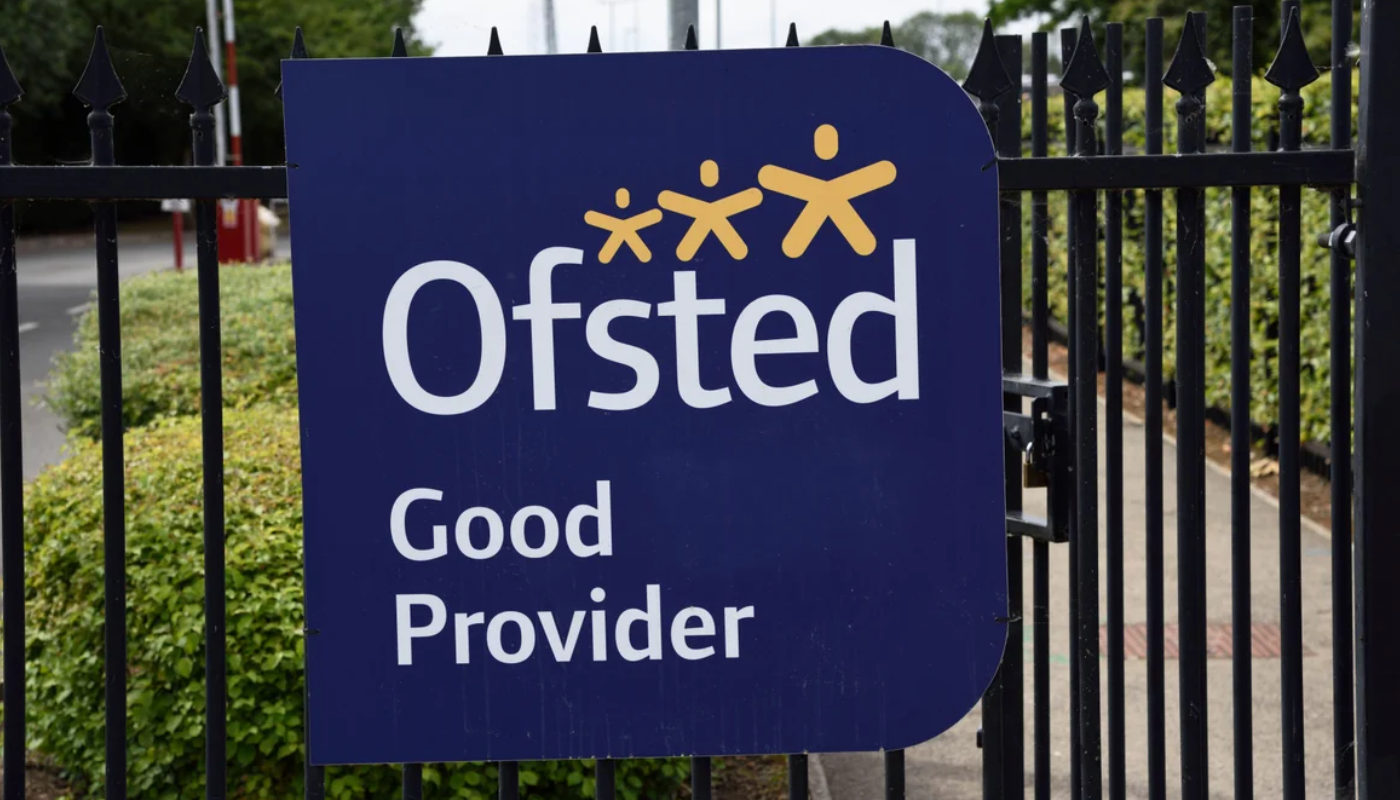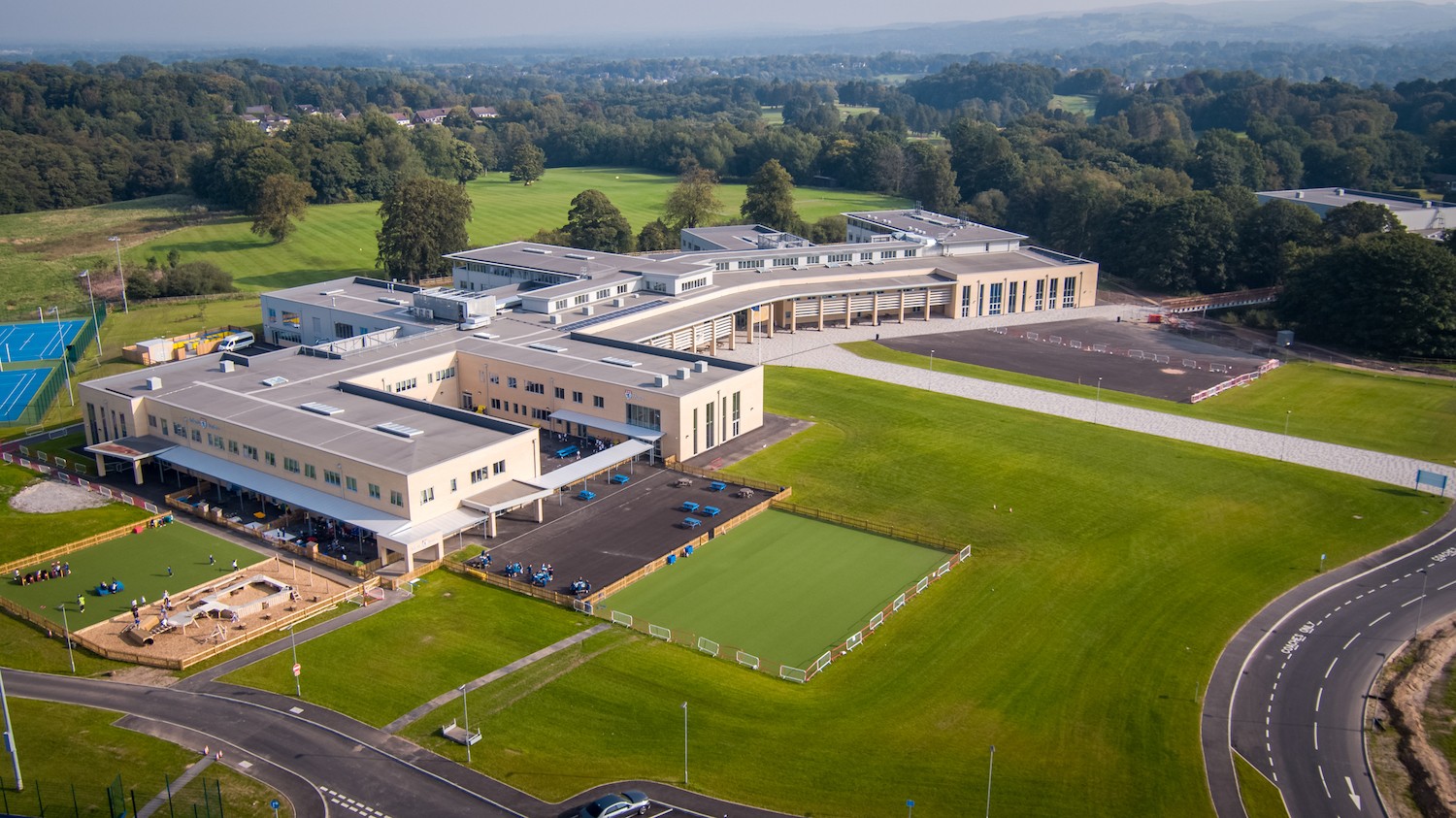Coursework in the Age of AI: Why Adaptation, Not Elimination, Is the Way Forward

As artificial intelligence continues to transform education, the question of how we assess pupils fairly and effectively has taken centre stage.
A recent YouGov survey, commissioned by Cambridge University Press & Assessment, revealed that 89% of UK adults believe it is unacceptable for students to use AI to fully complete coursework. But the public is more divided when it comes to AI’s role in improving grammar and punctuation, with 46% in favour, and 44% opposed.
At first glance, these numbers might support a growing call to scrap coursework altogether in favour of high-stakes, exam-based assessment. But in some opinions, that may be a mistake.
Don’t Throw Out Coursework – Make It Stronger
Just 16% of adults said removing coursework was the best way to prevent AI misuse. The vast majority understand that coursework, especially in subjects like art, design technology, drama and film studies, is too important to lose.
Coursework or non-examined assessment (NEA), gives students the opportunity to think deeply, apply learning practically and engage creatively. Removing it would not only narrow the curriculum but also risk marginalising students whose strengths don’t shine through timed written exams.
Yes, AI can make things complicated. But its presence should challenge us to adapt, not retreat.
Building Fairer, Smarter Assessment
Rather than scrapping coursework, we need to reimagine it. Structured, scaffolded, and supervised NEA can still be rigorous and meaningful. Many existing specs already include built-in oversight. For example, in OCR’s Film Studies qualification, students’ coursework is produced under direct teacher supervision, with clear checkpoints and authentication stages.
So this isn’t “unsupervised writing”, it’s guided, process-based assessment that blends knowledge with creativity. And it’s exactly the kind of learning we should be protecting.
Rethinking Assessment in the AI Century
AI presents a real challenge to assessment integrity – but it can also be part of the solution. The call for a co-ordinated national AI strategy in education, as backed by OCR Chief Executive Jill Duffy, is an important one.
We need smart, inclusive frameworks that:
- Educate students about AI use and academic honesty
- Encourage in-class assessments and regular formal checkpoints
- Embrace creative assessment methods like viva discussions or reflective pieces on AI usage
- Use AI to support teachers, reducing admin burdens and freeing up time for meaningful teaching and feedback
As Duffy rightly says: “AI is already in our schools and is not going away.” We must work with it, not against it.
Final Thoughts
At NextGen Education, we believe the future of assessment isn’t a binary choice between traditional exams and coursework, it’s about getting the balance right. We must safeguard rigour without sacrificing creativity, and we must adapt coursework, so it remains robust, relevant and resistant to misuse.
AI is changing education. But with the right tools, policies and professional development, we can ensure it becomes a force for good, not a reason to give up on the assessments that matter.
Want to learn more about how AI is transforming the education system ?
Let's talk. Get in touch with our team today.







